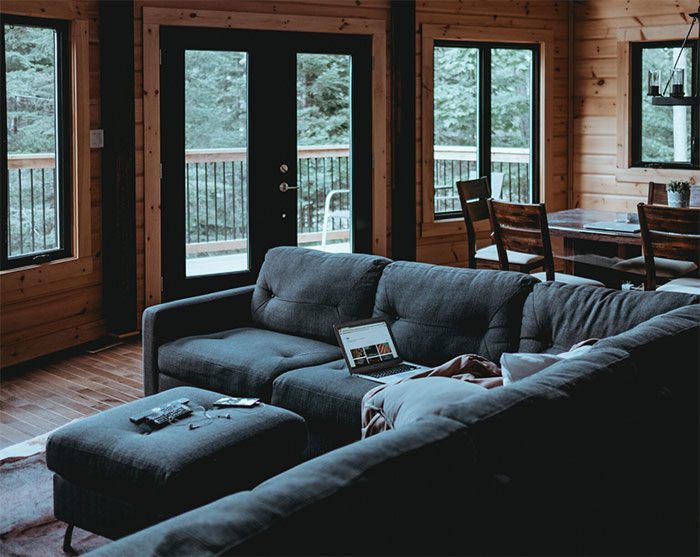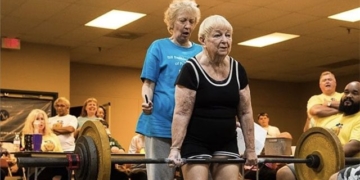You’ve had dinner and are lounging on the sofa, dozing off. Then you go to bed, but for some reason, you can’t seem to fall asleep. It’s as if you left your drowsiness on the sofa. So, what happened?
Sleep Pressure
Your body has a built-in “sleep pressure meter” commonly referred to as sleep pressure. This sleep pressure describes the urge to sleep as you stay awake longer. The longer you stay awake, the greater the sleep pressure becomes.
This process is driven by the complex interaction of biochemical processes in the body. A key player in this system is a molecule known as adenosine. Adenosine is a neurotransmitter that accumulates in the brain while you are awake. When you sleep, adenosine levels decrease, helping you feel more alert after waking. However, the more adenosine you accumulate, the greater your sleep pressure.

When you’re sleepy on the sofa, you likely have enough sleep pressure and adenosine. (Image credit: ZME).
This also partially explains some of the effects of caffeine. Caffeine acts as an adenosine blocker, which is why it can sometimes make you feel alert but also fatigued at the same time.
<pSo, when you’re feeling sleepy on the sofa, you probably have accumulated enough sleep pressure and adenosine. Alternatively, it might also be that you just finished eating, which can contribute to feelings of drowsiness.
If you fall asleep on the sofa, it could impact your nightly sleep. Your body may feel slightly recharged, reducing sleep pressure, and this could make it much harder for you to sleep in bed. You also transition from drowsiness to alertness and then back to drowsiness—this transition can take some time. However, a short nap won’t leave you overly tired, but if you nap for half an hour or longer, that could be problematic.
Why Can’t I Sleep in Bed?
Even if you don’t feel sleepy, changing your environment can make it harder to fall asleep. This could be due to poor sleep hygiene, which relates to your pre-sleep behaviors and environment.
For instance, do you often use your phone or watch something on your laptop while in bed? That might make it harder for you to fall asleep. Are there any disruptions (like temperature, light, or anything else)? That’s an issue too. Sleep hygiene is an important concept that we often overlook.
Additionally, going to bed can create feelings of stress and anxiety. You might not have finished all your tasks for the day or have an important appointment coming up. Or perhaps you’re stressed about not being able to fall asleep quickly enough. We typically don’t have such worries when sitting on the sofa—on the sofa, you just feel relaxed; in bed, you’re preparing for a night of sleep. Simply put, the sofa tends to be less stressful and pressuring than the bed.


















































